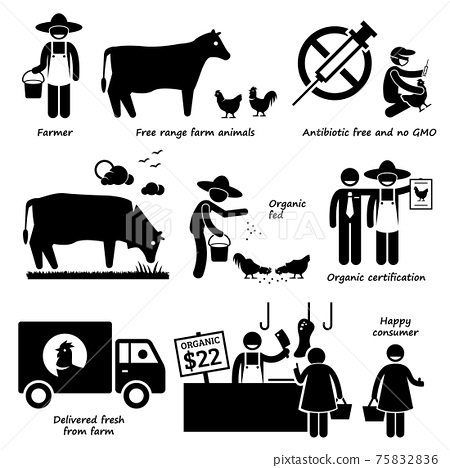
Organic meat and poultry is produced by livestock that are raised without antibiotics, growth hormones or other synthetic chemicals. They also spend time outdoors and are given adequate space to live the way they would in a natural environment.
However, these practices are expensive for farmers and the price premium often reflects this. Moreover, the impact of organic farming systems on food quality and health is still under study.
How Does Organic Farming Ensure That Meat and Poultry Are Fed Non-GMO Feed?
Organic meat and poultry have a growing market, as more people are concerned about the environment, animal welfare and creating healthier food systems. This is particularly true for families with children, as organic foods promote long-lasting good eating habits and reduce your family’s exposure to pesticides, antibiotics and hormones.
Organic farming is a holistic approach that focuses on using natural methods to grow food. This includes reducing the use of synthetic chemicals (including pesticides) and recycling manure into crop production. It also aims to work in harmony with the environment by conserving water, soil and energy.
In addition, organic farmers and ranchers focus on environmental health by using beneficial practices such as rotating crops and integrating livestock. This helps to minimize nutrient runoff and increases carbon storage in the ground.
This can help to reduce greenhouse gas emissions and decrease the impact of climate change on agriculture. Additionally, organic farmers are concerned with maintaining the diversity of a species, as well as the genetics of a given plant or animal.
Organic chicken feed is certified to contain no genetically modified grains, and no ingredients that could be contaminated by genetic engineering. Feeds can include micro-ingredients such as vitamins and minerals, salt and the amino acid methionine. However, these ingredients must be organic.
What Are the Benefits of Consuming Organic Meat and Poultry That Are Fed Non-GMO Feed?
Choosing organic meat and poultry is an easy way to help maintain your healthy diet while supporting sustainable farming practices. This type of food is rich in nutrients that support a healthy body and mind.
In addition, organic chicken and meat is free from antibiotics, growth hormones and a variety of chemicals and additives that can be detrimental to human health. These chemicals and additives can contribute to a higher risk of cancer, heart disease and other serious illnesses.
Aside from the health benefits of consuming organic meat and poultry, there are also many environmental benefits associated with this type of food. For one, it helps to cut pollution and reduce greenhouse gas emissions that contribute to climate change.
Furthermore, a 2015 study found that organic foods are often higher in antioxidants and other beneficial nutrients than conventional ones. This is because organic farmers do not use pesticides or fertilizers.
The organic standards also require that livestock be raised in a humane manner. They must be given access to the outdoors, shelter, dry bedding and fresh water.
This ensures that these animals live a happy and healthy life. In addition, these animals are not crowded and have ample space to move around.
How Does Organic Farming Support These Practices?
Organic farming is a sustainable model of production that relies on natural processes, such as the interaction of soil organisms, nutrient cycling and species distribution and competition, to manage crop production. It also emphasizes cultural and biological pest management practices, virtually excluding the use of synthetic chemicals.
Animals in organic farms are raised in a natural environment with access to the outdoors, and their welfare is protected through strict rules regarding food, housing and living conditions. These animals do not receive hormones to promote growth or antibiotics, although they may be given vaccinations as preventative care.
In addition, organic farmers do not use chemical-based weedkillers, and all of their livestock are fed only organic feed. These practices also allow them to reduce the amount of chemicals used, which is good for the environment.
As a result, consumers can be confident that the products they purchase are produced under the highest of standards, ensuring that all the ingredients used in the creation process are tested for quality and rigorously investigated to ensure that they meet these criteria. This makes it a great way for people to support the sustainability of agriculture and eat healthier.
Although there is a lot of controversy over organic agriculture, it has proven to be an effective method for reducing the amount of toxic substances that enter the human body. It also produces more nutritious and better tasting food than conventional agriculture.
Frequently Asked Questions
Why should I buy organic?
Conventional agriculture has been linked with many health problems including asthma, allergies. Healthy choices must be made when purchasing food.
The Environmental Working Group offers these tips:
Buy organic fruits and vegetables whenever possible.
USDA organic labels for meat, poultry eggs, milk and cheese as well butter and honey are recommended.
Avoid processed foods labelled "natural"/ "no additives."
Carefully review ingredient lists. If an ingredient isn't listed, it may be added during processing.
It is better to eat fresh meats than canned or frozen. Foods that are frozen or canned often have less nutritionally-rich ingredients, such as high fructosecorn syrup.
What are the benefits of organic fruits?
Organic foods do not use pesticides, artificial fertilizers, hormones or antibiotics. Organic foods also have more nutrients such as vitamins C, E and K plus omega-3 fatty acid. Organic food is healthier for the environment and our bodies.
Organic foods are made using sustainable agricultural practices, which protect soil quality and promote biodiversity. They are free of toxic chemicals, irradiation and sewage effluent.
Although organics are most commonly associated with produce, organics can also be found in dairy, meats, poultry, eggs and baked goods.
The USDA defines organic as crops grown in accordance with strict federal regulations. To grow these foods, farmers cannot use non-organic (or conventional) methods. However, they can use approved natural methods to control pests, like crop rotation and cover crops, or animal feed made of organic materials.
In addition, the farmer must follow guidelines regarding how much fertilizer and pesticide he uses during the growing season and rotate his fields between various crops. GMOs, artificial growthhormones, synthetic insecticides, and synthetic fertilizers cannot be used by farmers.
The requirements for organic fruits and vegetables are met if they are labeled 100 percent organic. But, not all farms label their produce as 100% organic. It would confuse consumers. Instead, they will label their product as "made with organic ingredients. "
Is organic meat better?
If you've been paying attention for any time, you probably already know the answer to this question. The problem is that organic food is increasingly popular, but conventional food continues its decline.
Organic foods continue rising in popularity because they are healthier. Organic foods are also safer for our overall health and reduce pollution.
However, there are also two sides to this coin. Organic produce takes longer to grow, and it requires more resources. This means organic food will cost more than its non-organic counterpart.
Organic meats will typically be more expensive than those that are raised in conventional conditions. But, you can reduce the cost of organic meats without compromising quality.
One way to save money is to buy locally. Buy locally grown vegetables and fruits to help keep prices low. Farmers receive incentives to grow healthier crops.
Deals are another way to cut costs. There are often discounts offered when purchasing organics.
A third way to save money on meat consumption is to eat less. The feed required to raise cattle can make meat production expensive.
While there are many reasons organic food is better for our bodies as well as the planet, we must not forget the cost.
What should I be looking out for when shopping organic products
USDA-certified organic labels should be sought. This seal signifies that the product meets specific USDA standards. On all packages, boxes and cartons, look for the USDA Organic seal.
When shopping for meat ensure it comes only from cows that are fed 100% organic feed. Ruminants are cattle that chew their cud. Ruminant cattle have four stomach compartments: rumen, reticulum, omasum, and abomasum. If the cow is to be labeled "100% organic", all of its parts must have been organically fed.
Make sure you only buy chicken from chicken farms that are fed organically and have never been given antibiotics. Chickens are omnivores. This means they can eat both plant and animal food. Omnivorous chickens possess a digestive tract made up of a crop.
You should ensure you only buy dairy products made from milk that has been produced by cows who have been fed 100% organically grown food. Dairy cows have four stomach compartments, just like ruminants. The fourth stomach compartment is the udder.
To find out the percent of the feed the animals received when you purchase other types livestock, be sure to read the labels. For example, pork may be labelled '95% organic.' This means 95 percent of the pig's feed came from organic sources.
Statistics
- As for organic meat, regulations require that animals be raised in living conditions that accommodate their natural behaviours (like the ability to graze on pasture), fed 100% organic feed and forage, and not administered antibiotics or hormones. (usda.gov)
- According to a study performed by consumerreports.org, organic products, compared to non-organic products, ranged anywhere from 13 percent cheaper to 303 percent more expensive. (en.wikipedia.org)
- Popular clothing brands, like Patagonia, are labelled as organic by using 100 percent organic cotton for many of their styles. (en.wikipedia.org)
- Brands participating in this challenge are committed to using 100 percent sustainable cotton by 2025.[5] (en.wikipedia.org)
External Links
doi.org
- A Review of Journal of Toxicology and Environmental Health: Cancer Risk and Occupational Pesticide Expositions: Part B: Vol 15, Number 4
- Genetically modified foods - safety, risks and public concern - A review - Journal of Food Science and Technology
ncbi.nlm.nih.gov
- PubMed Assessment of the micronutrient compositions of plant foods from conventional and organic agriculture methods.
- Comparison of the total ascorbic and phenolic acid contents of air-dried and freeze-dried marionberry, strawberry and corn grown using conventional, organic and sustainable agricultural practices – PubMed
usda.gov
ota.com
- Organic Industry Survey
- U.S. sales of organic products soared to new heights, reaching nearly $62Billion in 2020
How To
Organic foods: Are they healthier and more nutritious than conventional food?
Organic foods are produced without the use of chemical pesticides and synthetic fertilizers. They are grown naturally without artificial inputs such pesticides and herbicides. Organic farming methods include crop rotation, cover, composting animal manure and recycling wastewater.
In 2002, USDA National Organic Programs (NOP) were established to regulate the production and handling of organic products that are sold in the United States. Organic agricultural products must be produced in accordance with federal standards as set out by the Federal Food, Drug, and Cosmetic Act. In addition, the NOP rules mandate that organic products must be free from prohibited substances, including pesticide residues, veterinary drugs, growth hormones, genetically modified organisms, irradiation, sewage sludge, industrial waste, and heavy metals.
In the U.S., there are two types of certification programs available for producers who want their products labelled "organic": one for farmers and ranchers and another for manufacturers. Each program requires an annual audit of operations to ensure compliance with strict standards. This service is offered by several certifying agents, such as the CCOF Certified Organic Farmers & Ranchers or Quality Assurance International. All three organizations provide third-party verification of farms' adherence to strict guidelines regarding environmental stewardship, labour practices, and livestock care.
According to USDA's Economic Research Service in 2013, organic agriculture generated $4.7 billion in revenue. That year, retail spending on certified organic products totalled nearly $1.5 billion, representing a 23 percent increase since 2009. This period saw a 12 percent increase in grocery store sales. Spending directly on organic produce grew by 29 percent while that on meat, poultry, eggs and seafood only grew by 1 percent.
Organic food is more expensive but the quality of organic food is worth it. Consumer Reports conducted a survey in 2015 and found that 88 percent of respondents would pay more for organic foods if they had higher nutritional value. Health Affairs also published a study showing that organic foods are less likely for people to get heart disease, diabetes, cancer, or obesity.
While there is no evidence that organic food can prevent or treat any diseases, there are some studies suggesting that eating them may improve your overall health by reducing your exposure to pesticides and other contaminants. In 2010, a review that included 31 studies concluded that organically-raised beef had lower levels of parasites and toxic chemicals than conventionally reared beef. Similar results were also reached by a separate analysis of 11 2012 studies.
The Environmental Working Group released a report in 2014 that analyzed data from USDA's Agricultural Marketing Resource Center. They found that there was a decrease in foodborne illness due to E.coli, salmonella, listeria moncytogenes or campylobacter. The report also pointed out that E.coli 157 caused human illness declined in both children and adults following 2006 when USDA established stricter organic standards.
Resources:
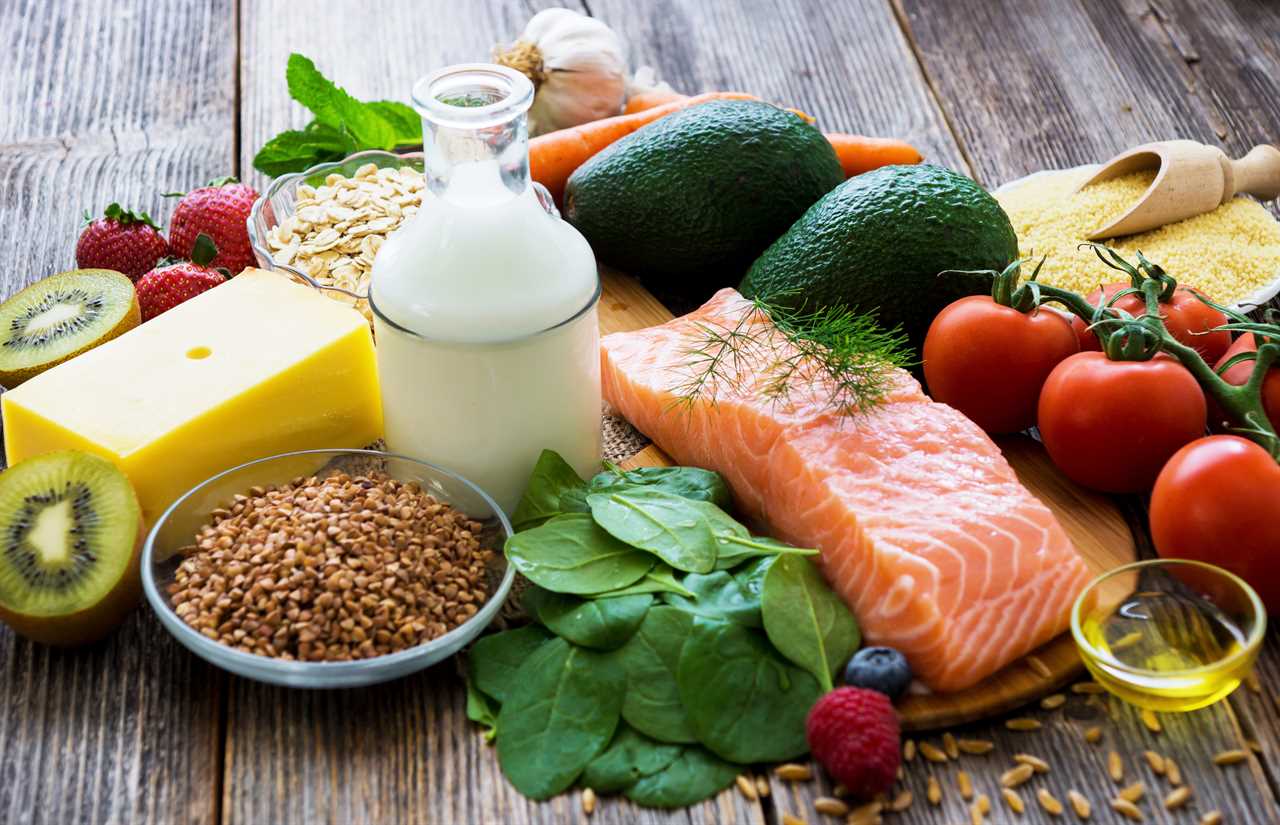 |
GALLONS OF PINE SOL + 10 CANS OF COMETGenuinely embracing global flavours, BelovedSaffron.com invites food lovers and passionate chefs to explore a world of spices and herbs, organic food, |
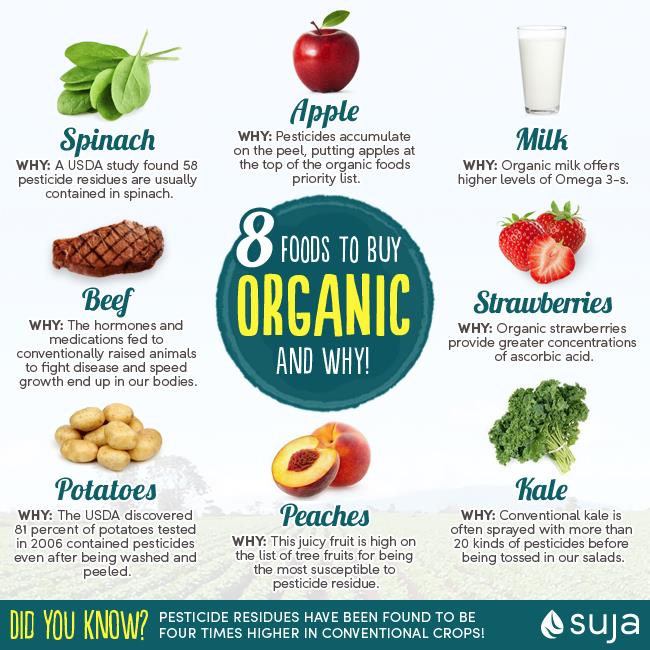 |
The 15 Best States for Homesteading in 2023We understand that food has the power to connect us all, transcending cultures and distances. At Belovedsaffron.com, we are passionate about spices,.. |
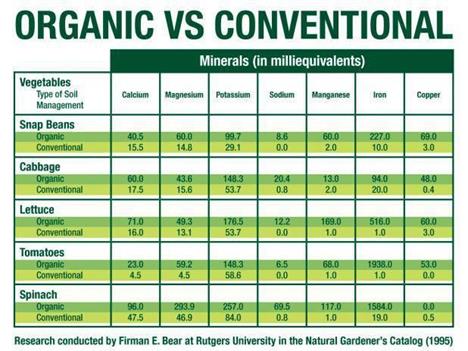 |
The Ugandan Agricultural Revolution led by Dr. Emma NaluyimaWelcome to Belovedsaffron.com, where we embrace everything related to spices, herbs, nutritious food, and organic eating! We are not professional.. |
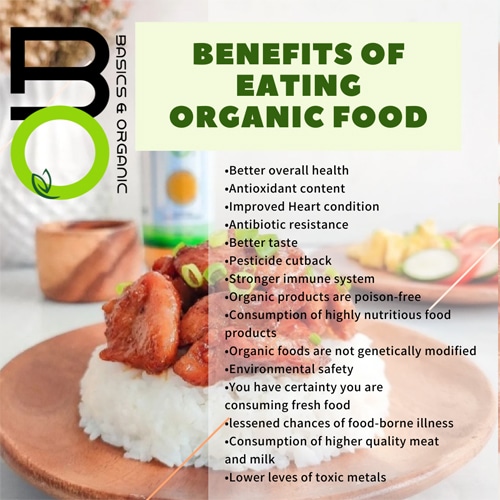 |
Innovating our way into the future. A Summit for Entrepreneurs and Intrapreneurs.Discover the wonders of global cuisine at Belovedsaffron.com! Our mission is to bring you spices, herbs and organic food from all over the world,.. |
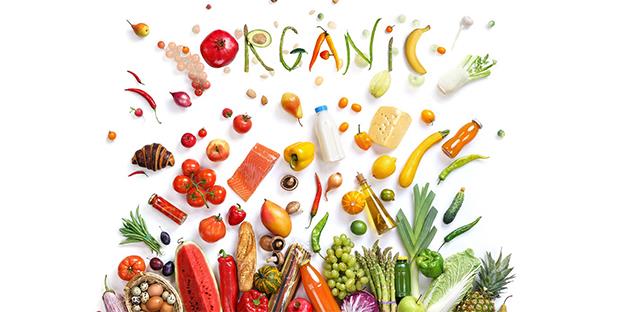 |
You’re Killing Your Asparagus if You Do This, 5 MISTAKES You Can’t Afford to Make Growing AsparagusWelcome to Belovedsaffron.com, where we are passionate about spices, herbs, recipes and organic eating! Here you will find a wide range of spices,.. |
 |
What I eat in a Day RESTAURANT VLOG!At Belovedsaffron.com, we are passionate about spices, herbs, recipes and organic eating. We are on a mission to bring you awareness about flavours.. |
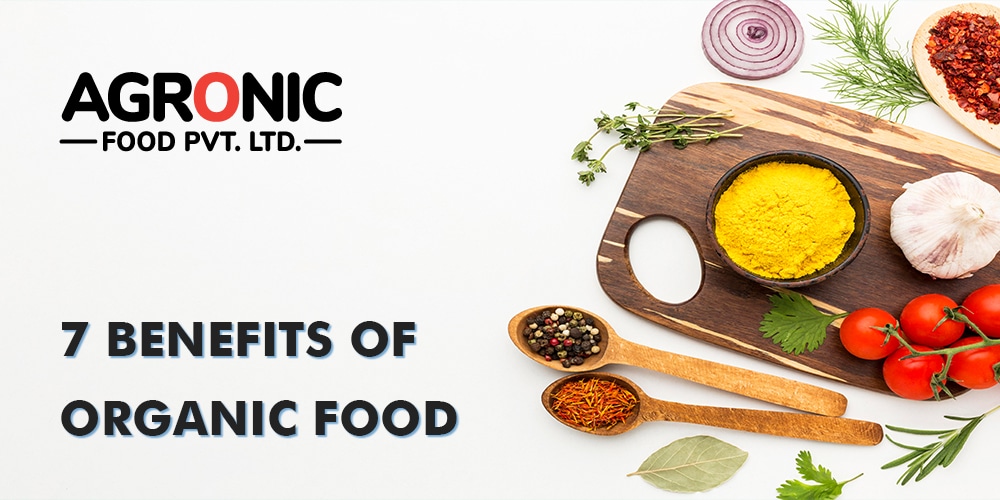 |
Nepali Organic Himalayan Village Food (Rice and Lentils ) | shepherd food | Shepherd Life |Rainy DayAt Belovedsaffron.com, we're passionate about flavours, cultures and cooking wisdom from around the world. We seek to bring you closer to sustainable |
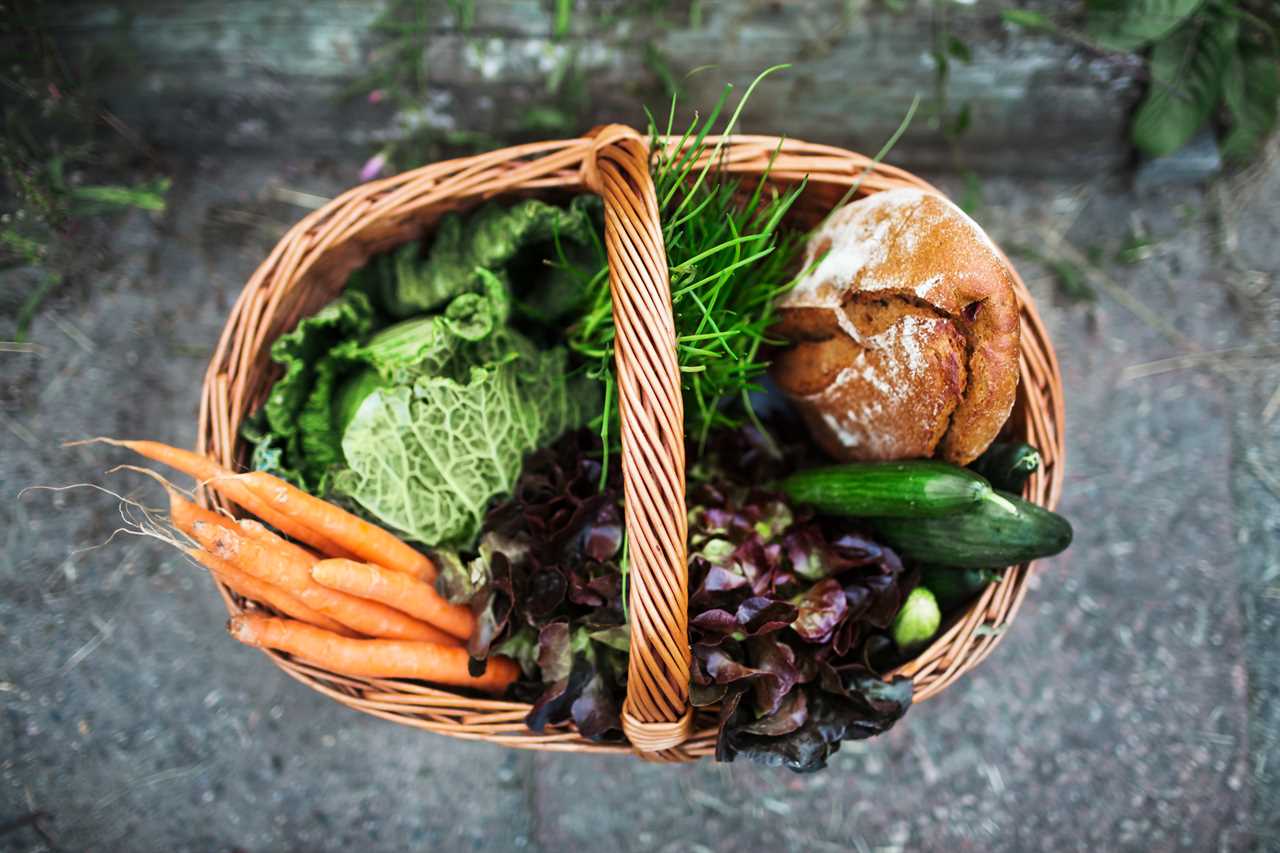 |
Planting trees and vegans, two very different farmers on food and farming with @GarethWynJonesAt Belovedsaffron.com, we are passionate about spices, herbs, good food and organic eating. Our mission is to bring awareness about the different.. |
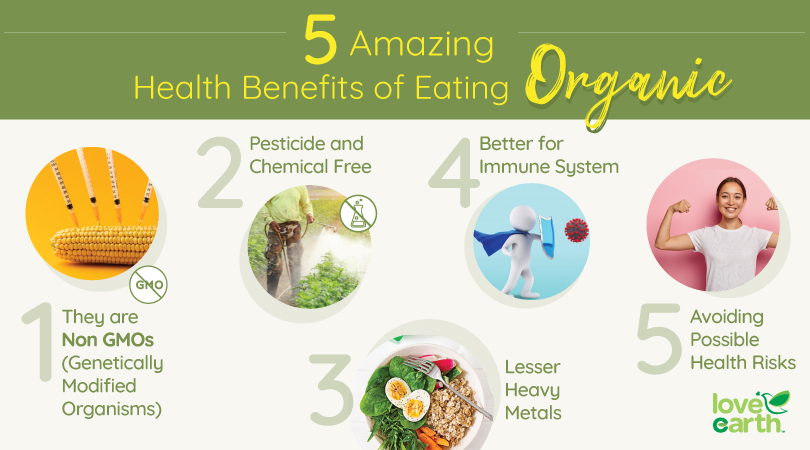 |
1 Food That Causes Insulin Resistance!Processed meats are high in sodium and nitrates, which can make it difficult for your body to process carbohydrates effectively. This can lead to health |
 |
Innovating our way into the future. A Summit for Entrepreneurs and Intrapreneurs.A powerful theme that speaks to the core of the nation. Solid speakers, not one of them will drop the ball. Shaping minds, promoting talents, pushing |
 |
All toxins will come out of your body! My grandfather''s old recipe!All toxins will come out of your body! My grandfather's old recipe! Ingredients: 2 Lemons 15 gr Ginger 1 piece garlic Honey as needed Subscribe my |
 |
The 3 Biggest FASTING MISTAKES & How to Do It CORRECTLY for Insane Benefits! | Dr. Mindy PelzDr. Mindy Pelz is a renowned holistic health expert and one of the leading voices in educating women about their bodies. She is on a mission to start a women’s |
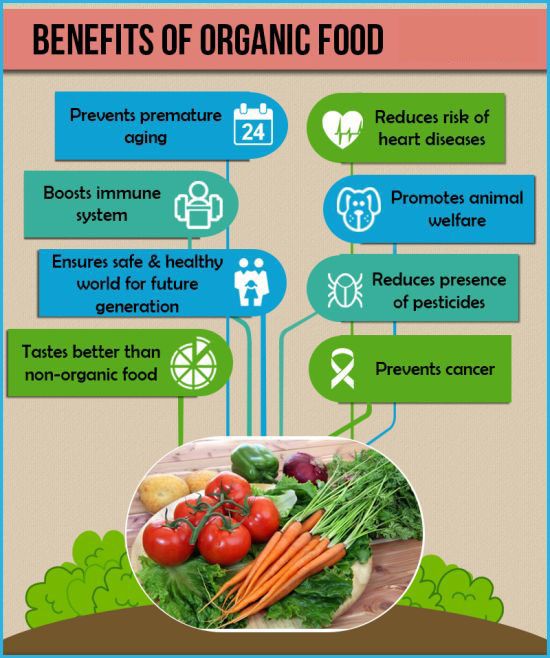 |
9 Hidden Benefits of Eating Pineapples DailyAre you curious about the health benefits of adding pineapples to your daily diet? In this informative video, we reveal the top nine hidden benefits of eating |
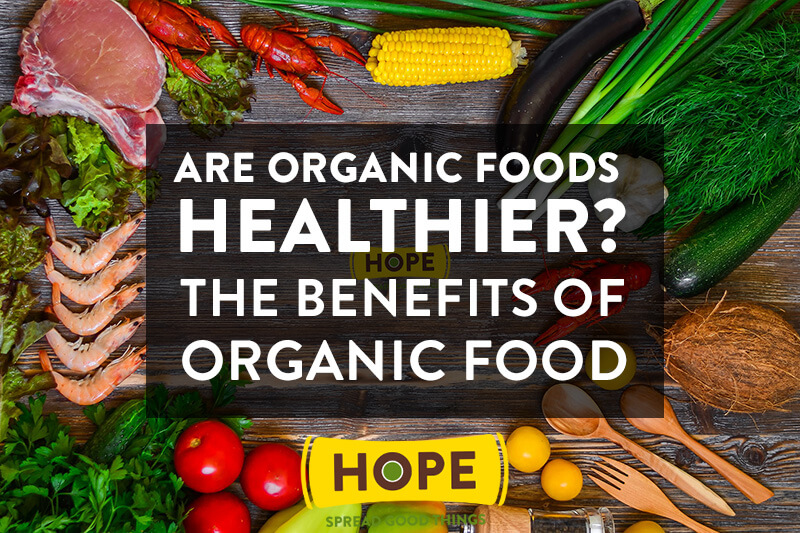 |
CO2 INJECTION FOR PLANTED TANKS - FULL TUTORIALWelcome to Belovedsaffron.com, where we embrace everything related to spices, herbs, nutritious food, and organic eating! We are not professional.. |
 |
First Look! Stock Market Earnings and the Stocks to Watch NOWFull Q1 Earnings Review and the Best Stocks to Buy Right NOW! Members’ only livestream and Q&A. If you aren’t able to be here live, ask any questions in the |
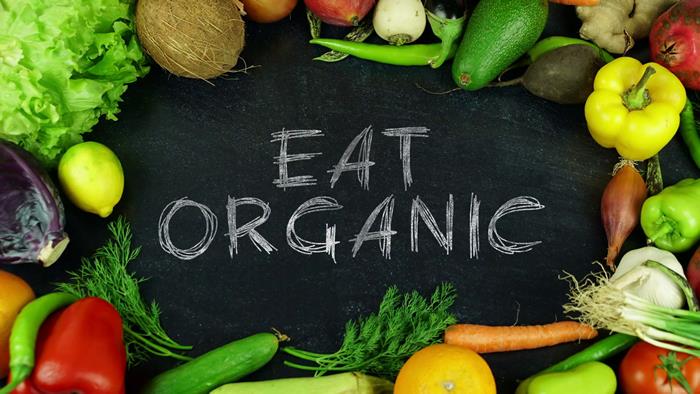 |
Organic eatingOrganic Cultur |
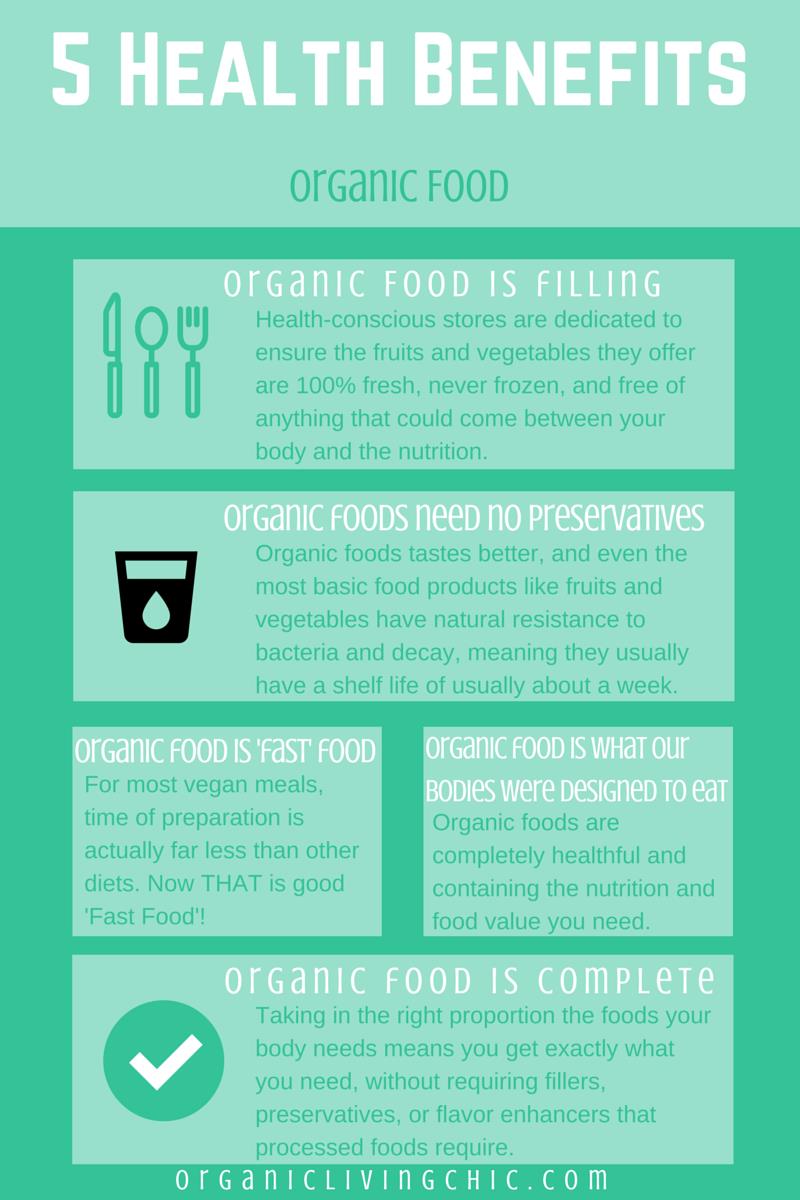 |
The 1 Fruit All Diabetics Should Be Eating, Study SaysEver heard of a fruit that actually lowers blood sugar instead of raising it? Well, here's one on offer for you. Nature's gift to help you peg your blood sugar |
 |
**THE LAST PART** What My Life Was Like Before My Diagnosis - Part 3 – Liver Disease & CirrhosisAt Belovedsaffron.com, we're passionate about flavours, cultures and cooking wisdom from around the world. We seek to bring you closer to sustainable |
 |
Aliens under the Ice – Life on Rogue PlanetsDiscover the wonders of global cuisine at Belovedsaffron.com! Our mission is to bring you spices, herbs and organic food from all over the world,.. |
 |
Magnesium: Why You Should Take ItIn this episode of "Talking with Docs," Dr. Zalzal and Dr. Weening delve into the importance of magnesium in our bodies and the benefits of taking magnesium |
 |
The 5 Keys to Soil Transformation with Matt PowersAt Belovedsaffron.com, we are dedicated to exploring the amazing world of spices and herbs, encouraging sustainable eating practices and sharing.. |
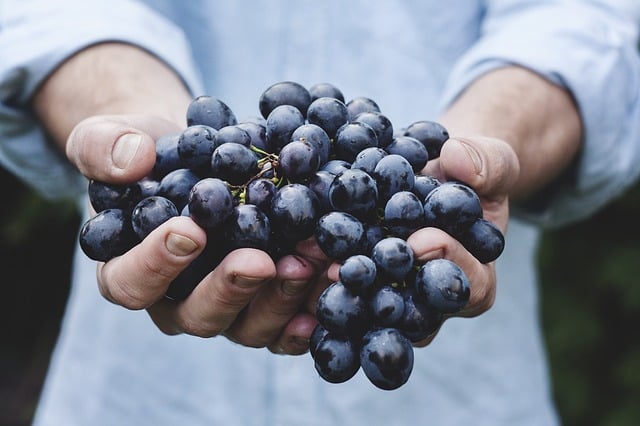 |
Using Fertilizer in the Vegetable GardenUsing fertilizer in the veggie garden- why, how, what & when? This video addresses some common questions about fertilizer, some basics about fertilizing |
 |
Full Day Of Eating | Starch Solution | Apple Cake & Cauliflower CurryAt Belovedsaffron.com, we are passionate about spices, herbs, recipes and organic eating. It is our mission to bring awareness of flavors from around |
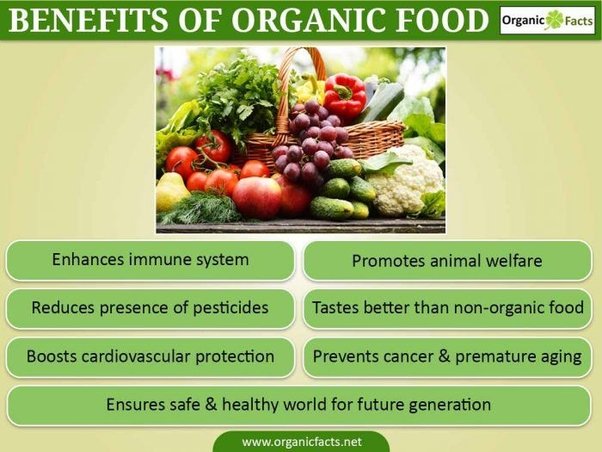 |
The Ultimate KabU Retreat Preparation EventAt Belovedsaffron.com, we are passionate about spices, herbs, recipes and organic eating and on a mission to bring you awareness about flavours from.. |
 |
Working technology in village || Organic village lifeAt Belovedsaffron.com, we are passionate about spices, herbs, recipes and organic eating and on a mission to bring you awareness about flavours from.. |
 |
A Carrot a Day Keeps the Doctor AwayCarrots can do more for your health than you might think. Learn more about the interesting benefits of carrots. The Anticancer Nutrient Researched over |
 |
OPENING THE RESTAURANT SOON | EATING ACKEE AND SALTFISHGenuinely embracing global flavours, BelovedSaffron.com invites food lovers and passionate chefs to explore a world of spices and herbs, organic food, |
 |
Is This the BEST Way to Garden in Difficult Climates?Welcome to BelovedSaffron.com, where we celebrate all the wonderful flavours of spices and herbs worldwide! We are not just chefs but food.. |
 |
Developer Of The Best Ever Organic Fertilizer Visits The Farm! Tips, Advice & Expertise GaloreAt Belovedsaffron.com, we are passionate about spices, herbs, good food and organic eating. Our mission is to bring awareness about the different.. |
 |
Cooking delicious curry by mother || Village life || Organic lifeAt Belovedsaffron.com, we believe that the key to good food and healthy eating is the proper use of spices, herbs, and other fresh ingredients. We.. |
 |
90% People Eat GARBAGE | 5 Signs your Food is ADULTERATED | SHLLOKAAt Belovedsaffron.com, we're passionate about flavours, cultures and cooking wisdom from around the world. We seek to bring you closer to sustainable |
 |
The Latest Research on Organic | The Organic CenterResearched articles about eating Organic food |
.png)





